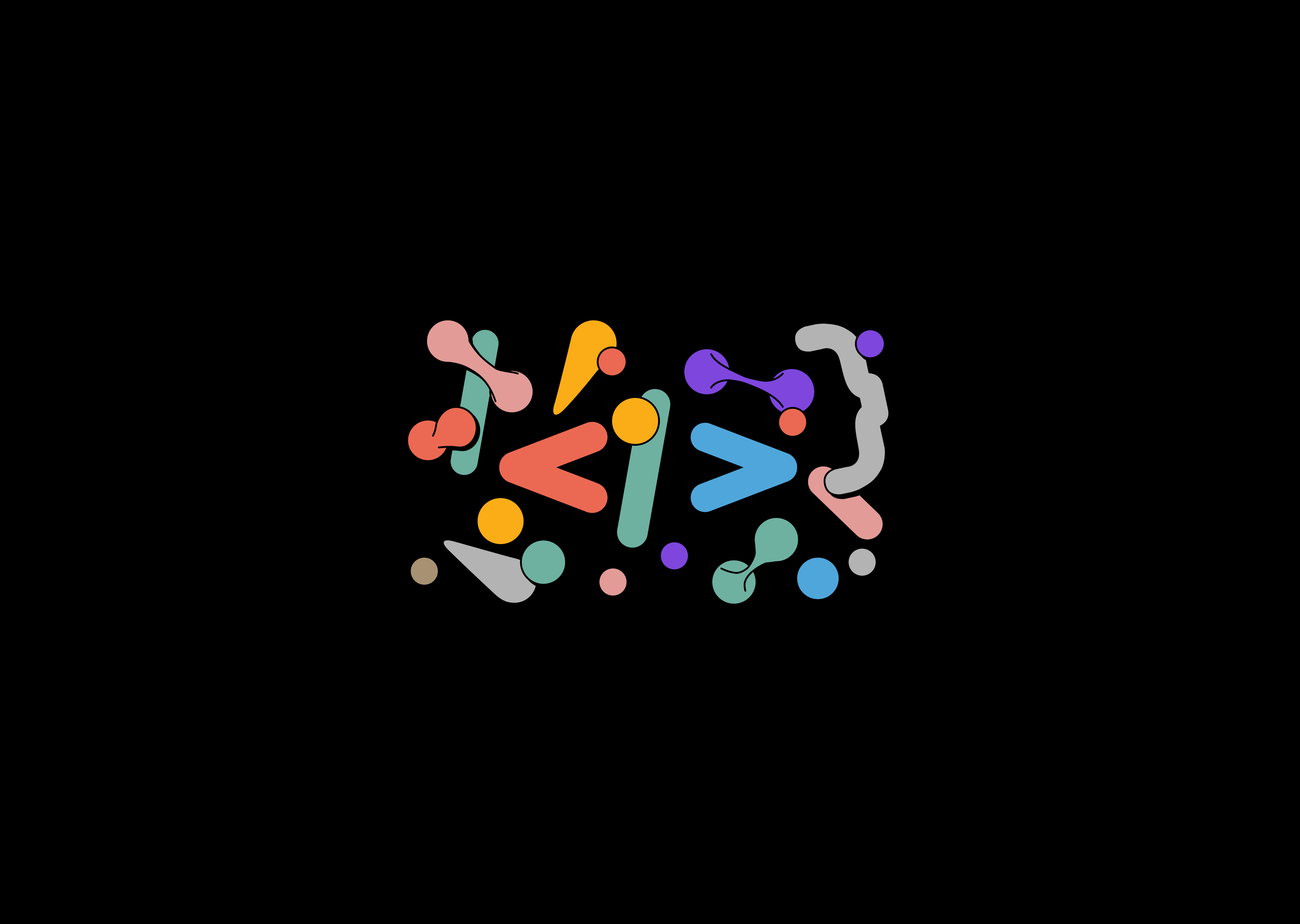
Ruijie Networks Co., LTD.
May 2022 – Aug 2022 | Software Engineer Intern – Quality Group
What is Ruijie Network?
Ruijie Networks is a Chinese company specializing in the development and
manufacturing of networking equipment and solutions. They offer a range of
products and services related to networking, including switches, routers,
wireless LAN solutions, and network security products.
- I encapsulated base APIs and business-level interfaces for HTTP and WebSocket (WS) utilities and changed the "break" condition in a WS API which improved the runtime from ~30 sec to ~3 sec to build the fundamental for future automation upon it.
- I decomposed the project architecture with a better design pattern. I also Changed the original variable naming pattern to enhance code readability and future maintainability.
- I Used multi-threading for the internal tool to save around 1.5 hours from the original linear procedure of uploading server image files one after another.

